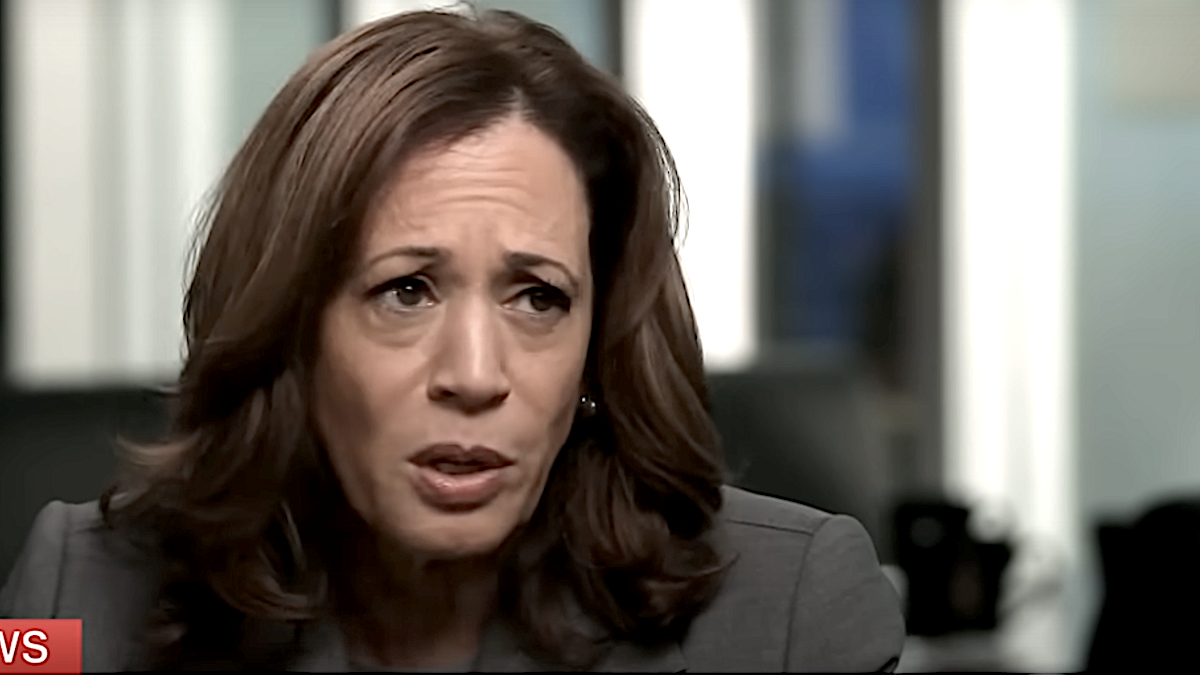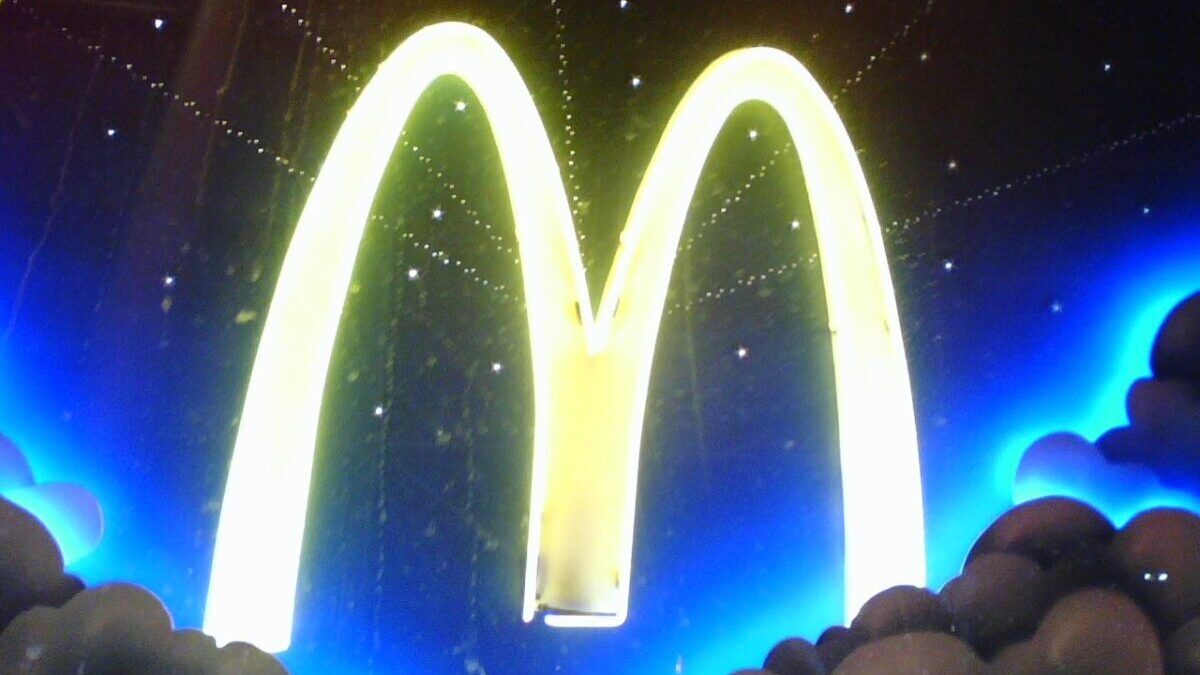
It may be the most tired trope in the conservative talking-point repertoire: we stand for equality of opportunity, not equality of results. Cue the applause. Without even naming liberals, the point is clearly conveyed to all: they don’t. Those darn liberals believe in equality of outcomes and they won’t rest until they’ve redistributed every last dollar in America.
This simple rhetorical formulation offers a clear contrast between the conservative and liberal worldviews and makes clear who the bad guys are. Unfortunately, it happens not to be true. To state the obvious, no one on the Left—not even in the academy—wants everybody in America to earn the same amount. Progressives are worried about income inequality, but they’re not clamoring for income equality.
What progressives instead do, and have been doing since the turn of the last century, is invoke “the race of life” analogy and call for government intervention to ensure an equal start for all. The race, they say, should be fair. That doesn’t mean that there won’t be winners and losers, but it does mean that the runners should compete on merit alone, unaided by privilege. What matters is not where we end up, but where we start. Government should therefore step in to ensure a fair and equal start to all.
As Teddy Roosevelt explained in 1910, after his progressive turn: “I know perfectly well that men in a race run at unequal rates of speed. I don’t want the prize to go to the man who is not fast enough to win it on his merits, but I want them to start fair.”
Once you accept the premise that life is a race and that we are all racing against one another, you will inevitably be struck by the great inequalities at the starting line. Some start well ahead of others, some receive much better training, and some are outfitted with the latest equipment. None of this seems really fair.
So compelling is the reasoning that even conservatives, once they view politics through the prism of the race of life, will end up calling for “some straight-up redistribution” so as “to give every kid a fair spot at the starting line,” as AEI’s Andrew Quinn did last week in The Federalist. Quinn admits that his conclusion “doesn’t sit well” with him, but he finds himself compelled to admit that if “our goal is really to give every kid a fair spot at the starting line, this may require us to redistribute some money to grown-ups independent of their own merits.”
What Quinn’s avowedly discomfiting conclusion reveals is that it is time to drop the flawed race of life analogy once and for all. Life is not race. Life is a journey whose goal is happiness. And happiness is not a finite national resource—there is plenty of it to go around. My happiness need not come at the expense of others.
Life Isn’t a Zero-Sum Game
In a race, I can only win if all the others lose. In life, my happiness leaves you perfectly free to go about your life and find your own happiness. We can’t all be happy all the time, of course, but that is not because we are all racing against one another, but because the crooked timber of mankind is subjected to the endless vagaries of life.
If we take our bearings from the Declaration of Independence rather than from a metaphorical footrace, we can see that we are not all racing toward the same finish line, but each pursuing happiness in our own way. Some want to be baseball players; others choose to become priests—occasionally, some will even forego a promising baseball career to enter the priesthood. Some are gifted musicians; others have a knack for languages. We’ve got introverts and extroverts; men of action and dreamers; those who can and those who teach. Human beings in all their marvelous diversity!
While it is true that the NFL can only have 32 starting quarterbacks, Harvard can only admit 1,600 incoming freshmen, and Scarlett Johansson can only have one fiancé, there are plenty of other careers, colleges and potential girlfriends for those who don’t cut it.
In Coming Apart, Charles Murray notes that happiness for most people is found in four realms: faith, community, family, and vocation. The race of life analogy breaks down in each one. Faith, community, and family are not zero-sum games. God has room for all of us. We can all have neighbors and friends (if we don’t, it’s likely because of a curmudgeonly nature). And while each young woman can only accept one suitor’s wedding proposal, spurned lovers have been known to move on and find love elsewhere.
As for vocation, there are countless careers and even more job openings in any given field. It is true that there is very little room at the highest echelons in any one domain. But who said that you can’t be happy unless you’re number one? And even those cases where people are squarely pitted against one another do not make a race out of life. At most, they suggest that in life, there are many competitions. You can lose one, pick yourself up and move on.
A Dubious Genealogy
Aside from its inadequacy in properly describing life and its statist implications, the race of life analogy also has a rather dubious genealogy. While Lincoln used it innocuously to argue for free markets, it is Herbert Croly who made it a staple of progressive discourse, when he called for more active government to ensure “an equal start in the race” in his Promise of American Life.
Teddy Roosevelt, who was greatly influenced by Croly, likely picked it up from him. In his Great Society push, LBJ explained that “the object of all we do is to give our people a fair start or a new start in the race of life.” President Obama called for free universal pre-K in his 2013 State of the Union Address to “make sure none of our children start the race of life already behind.” And in her recent autobiography, Supreme Court Justice Sonia Sotomayor defends racial preferences in college admissions “to create the conditions whereby students from disadvantaged backgrounds could be brought to the starting line of a race many were unaware was even being run.”
Ultimately, what is most disturbing about the race of life analogy is that, contrary to what Quinn asserts, it contains no limiting principle. If government must ensure that no one get an unfair edge in the race of life, then there is only so much that can be done by bringing disadvantaged people up to the starting line. Ultimately, you’ll need to go after the privileged few who were lucky enough to be born ahead of others.
Kurt Vonnegut’s famous short story “Harrison Bergeron” reveals the frightening implications of the race-of-life analogy. Contrary to what many think, it is not a warning about equality of outcomes. Rather, it is a working out of the race of life analogy to its logical conclusion.
In the story, Vonnegut describes a dystopian future in which those of above-average strength, intelligence, and beauty are artificially handicapped to prevent them from “taking unfair advantage” of their natural endowments. After all, these natural qualities were not earned, but merely inherited from their parents. The titular lead character, a strapping seven foot tall young man, is artificially hampered by heavy weights. “In the race of life, Harrison carried three hundred pounds,” Vonnegut wryly writes.
In our political life, we’ve been hampered by this silly analogy for more than a century. It distorts the meaning of life by pitting us against one another. It has dreadful policy implications. And once set in motion, it can’t be stopped. Isn’t it time we dropped it once and for all?
David Azerrad is the Director of the B. Kenneth Simon Center for Principles and Politics at The Heritage Foundation.









